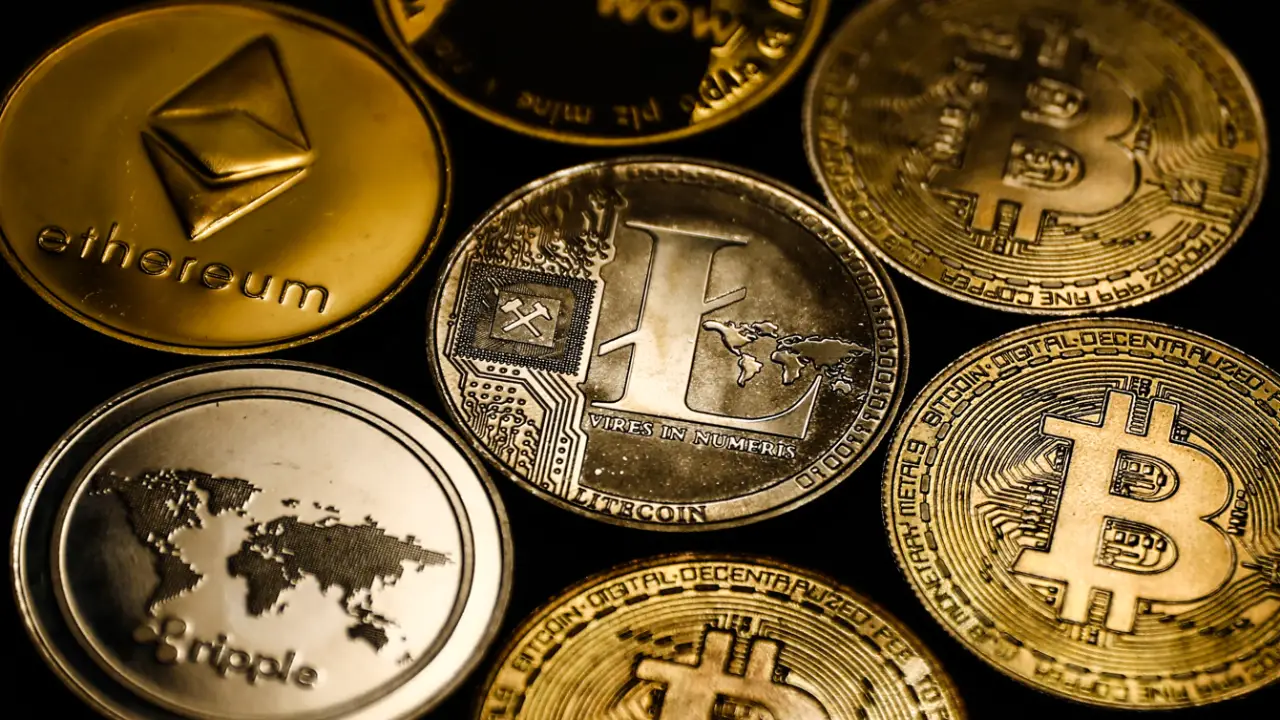
The rise of true electronic cash has transformed the financial landscape, making buying and selling Bitcoin a crucial aspect of the modern digital economy. As decentralized finance continues to evolve, Bitcoin remains at the forefront, offering individuals a reliable means to transact without intermediaries. Understanding the intricacies of true electronic cash and the process of buying and selling Bitcoin is essential for anyone looking to navigate the cryptocurrency market effectively.
Understanding True Electronic Cash
True electronic cash is a digital currency designed to function as a medium of exchange, independent of centralized institutions. Bitcoin, the pioneer of true electronic cash, was introduced to provide a peer-to-peer payment system that eliminates the need for third-party verification. Unlike traditional fiat currencies, buying and selling Bitcoin occurs on a decentralized network, ensuring security and transparency. The core principle of true electronic cash is to empower users with full control over their finances while maintaining privacy and efficiency.
How Bitcoin Functions as True Electronic Cash
Bitcoin operates on a blockchain, a decentralized ledger that records all transactions transparently. This ensures that buying and selling Bitcoin remains secure and verifiable. Unlike conventional banking systems, which require trust in intermediaries, true electronic cash relies on cryptographic principles to guarantee transaction integrity. When individuals engage in buying and selling Bitcoin, they participate in a network governed by decentralized nodes, reducing the risks associated with fraud and censorship.
The Process of Buying Bitcoin
For those interested in buying and selling Bitcoin, the first step is to acquire Bitcoin through a cryptocurrency exchange or peer-to-peer platform. The essence of true electronic cash is accessibility, allowing anyone to purchase Bitcoin using fiat currency or other cryptocurrencies. When buying Bitcoin, users must choose a secure wallet to store their digital assets safely. Understanding the volatility of Bitcoin prices is essential when engaging in buying and selling Bitcoin, as market fluctuations can impact investment returns.
Selling Bitcoin for Profit
Just as buying and selling Bitcoin is straightforward, selling Bitcoin involves exchanging it for fiat currency or other digital assets. Many traders leverage Bitcoin’s price movements to maximize profits. The decentralized nature of true electronic cash ensures that transactions remain transparent and efficient. By choosing the right exchange or trading platform, users can optimize their experience when buying and selling Bitcoin while securing competitive rates.
The Benefits of True Electronic Cash
One of the primary advantages of true electronic cash is its ability to facilitate borderless transactions without intermediaries. Unlike traditional financial systems that impose restrictions, buying and selling Bitcoin offers individuals financial freedom. Additionally, Bitcoin transactions are secure and irreversible, reducing the risk of chargebacks and fraud. The transparency of the blockchain ensures that all buying and selling Bitcoin activities are publicly recorded, fostering trust among users.
Risks and Challenges in Buying and Selling Bitcoin
Despite its benefits, buying and selling Bitcoin comes with certain risks. Price volatility is a major concern, as Bitcoin’s value can fluctuate significantly within short periods. The security of true electronic cash depends on users taking proper precautions, such as using secure wallets and enabling two-factor authentication. Additionally, regulatory uncertainty in various regions may impact the ease of buying and selling Bitcoin, making it essential for users to stay informed about legal developments.
The Future of True Electronic Cash
As technology advances, the adoption of true electronic cash is expected to grow, with Bitcoin leading the charge. Innovations such as the Lightning Network aim to enhance transaction speed and efficiency, making buying and selling Bitcoin even more seamless. Governments and institutions are increasingly exploring the potential of Bitcoin, further legitimizing its role as true electronic cash. The continued development of the cryptocurrency ecosystem will likely drive increased adoption and usability for buying and selling Bitcoin.
Conclusion
In the era of digital finance, true electronic cash has revolutionized the way individuals transact globally. Buying and selling Bitcoin has become an essential aspect of this transformation, offering financial independence and security. As the cryptocurrency landscape evolves, understanding the principles of true electronic cash and the dynamics of buying and selling Bitcoin will empower users to make informed decisions. Whether for investment, trading, or everyday transactions, Bitcoin continues to redefine the future of finance, solidifying its place as the ultimate true electronic cash.







